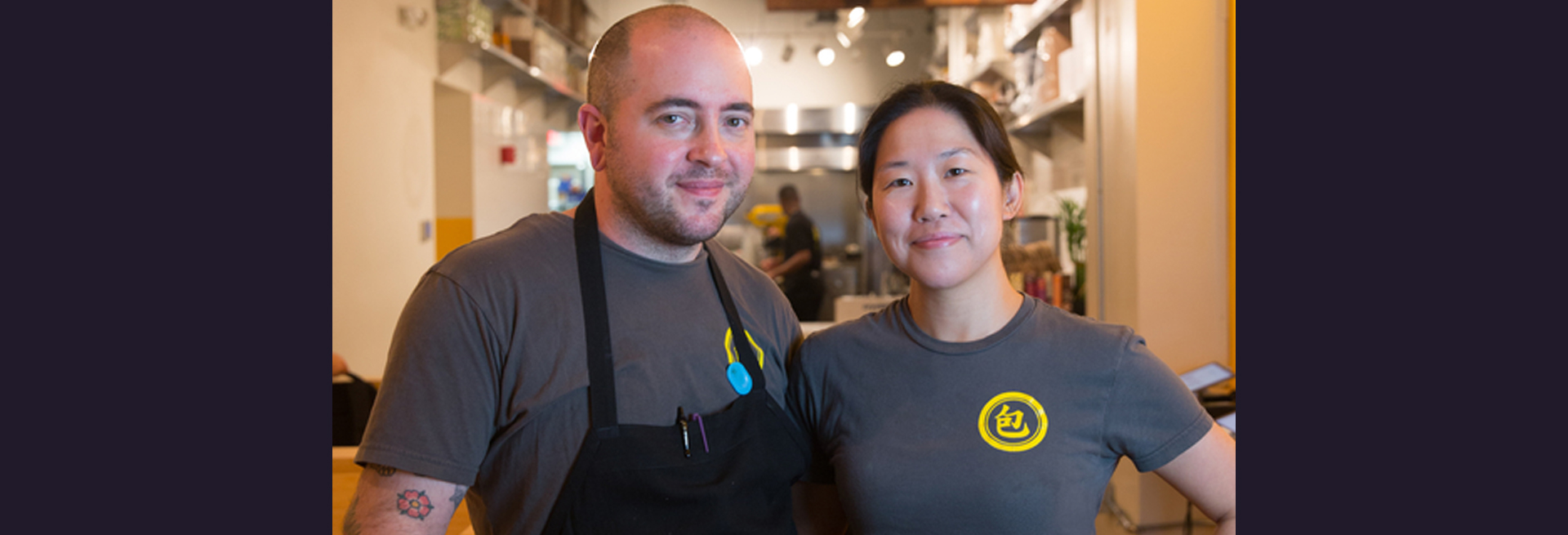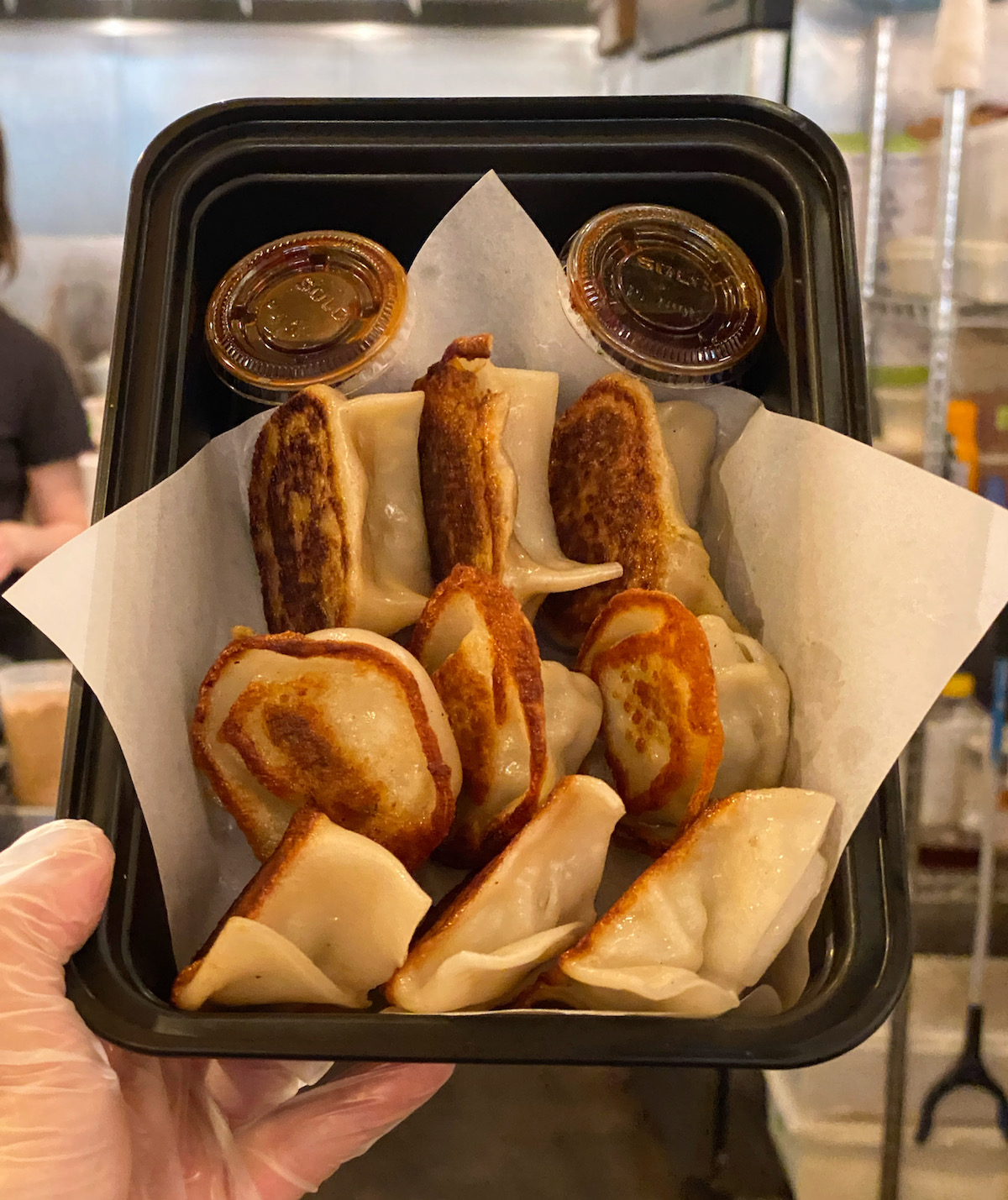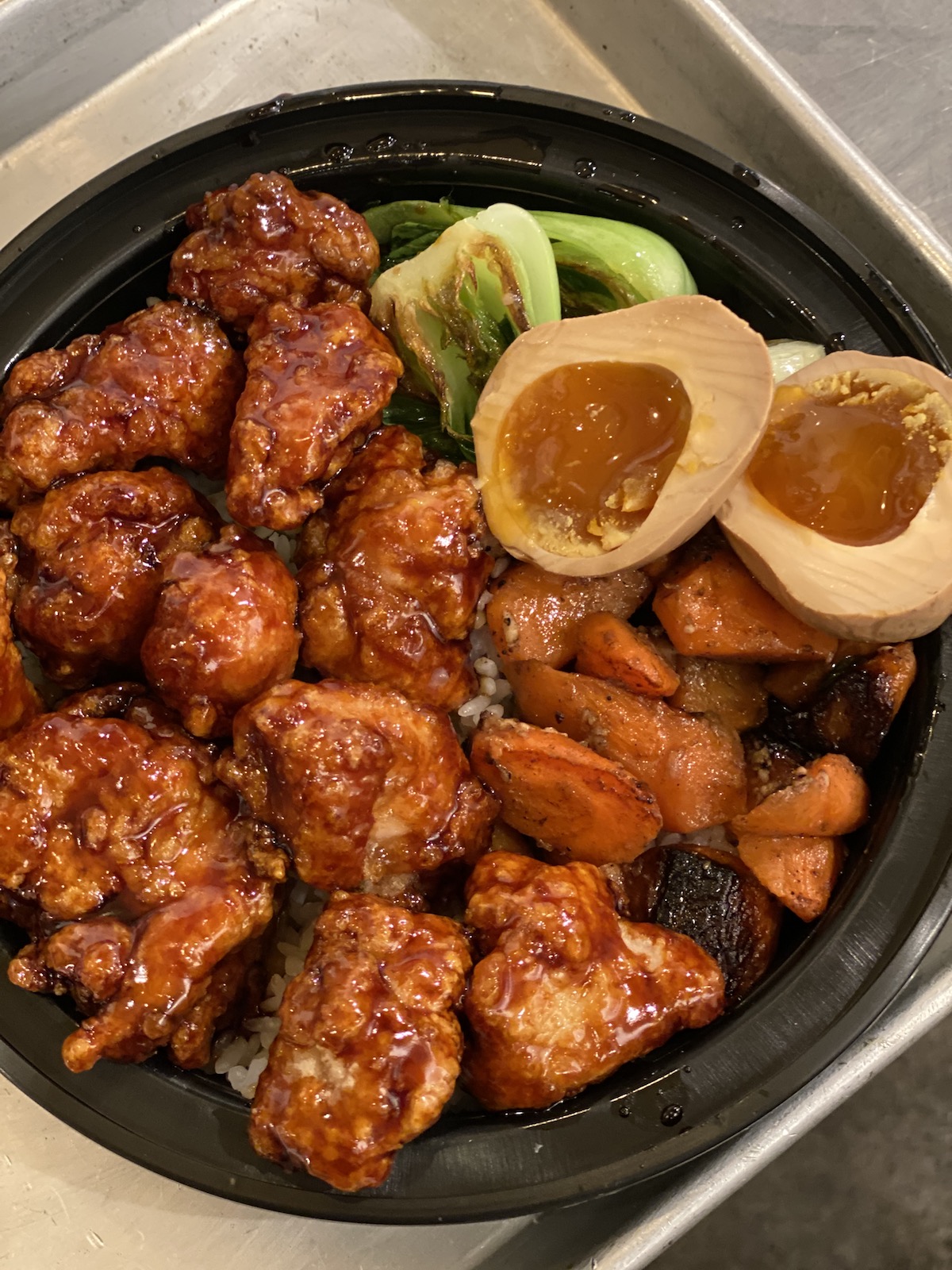
Baology, a street food eatery focused on modern Taiwanese cuisine
Founder Judy Ni’s restaurant comes with a lot of inspiration from her cooking and growing food with her grandmother.
Judy Ni grew up with grandparents in a household that taught her the importance of growing fresh fruits and vegetables in their backyard.
Those goods grown in the backyard were also what she grew up eating and cooking with.
“My grandmother and I would cook together all of the time,” Ni said in a recent interview with AL DÍA News.
She spent many days creating and learning the traditional ways of cooking alongside her grandmother, who taught her that the key to making food is to always use natural ingredients.
“In Taiwan, there aren't any supermarkets, markets in Taiwan are all outside, and everything is fresh and local, which always stood out to me,” said Ni.
With the family recipes that her grandmother passed down to her, Ni decided to open her own restaurant, even though her background was in business.
“They were not necessarily happy for me when I told them I wanted to own a restaurant, they did not want me to own a restaurant,” she said.

Her parents came to the United States from Northern Taiwan in the 70s to attend graduate school. Her father became a chemical engineer, hoping that Ni would follow in a high-end professional career similar to his.
Despite her parents’ disapproval, Ni worked almost 13 years in restaurants, doing all of the grunt work, and washing dishes. After the experience, she finally knew that the restaurant industry was her calling.
Her spot, Baology in Center City, finally opened its doors in June 2017.
Many people believe that Taiwanese and Chinese cuisine are the same, but that statement is farther from the truth.
“Because people are not familiar, or not used to non-American cuisine, they kind of want to put it in a box,” said Ni. “For example, when people think about Mexican food, they think all Mexicans eat tacos, and that is not true at all.”
Ni also believes in farm-to-table, meaning the ingredients aren’t cultivated alongside pesticides.
Her grandmother also passed on the practice of treating your customers with love and respect.
“These people are your family, you need to take care of them like they're your family,” her grandmother said.
With that perspective, Ni created dishes reminiscent of her upbringing, like Gwa Baos, a Taiwanese street food that usually consists of pork belly prepared using a cooking method called hongshao, which loosely translates to "red cooking." It’s a popular method for stewing and braising.
Baos, can be translated as a package, purse, or the act of wrapping something.
“Our language is not the same as Latin-based languages,” said Ni. “Chinese has more tonality to it, which is different to other romance languages.”
RELATED CONTENT
One staple at Baology is their popular Tempura'd Fish Gwa Bao with housemade tartar sauce, pickled papaya, scallions.

Ni also follows the traditional cooking methods her grandmother taught her, even though her store kitchen is very small.
“The most important thing to me is fresh ingredients,” she said.
Although the COVID-19 pandemic has closed her indoor dining space, Ni is still offering takeout and delivery options.
Another platform that she is involved with is the Too Good to Go App, an effort to reduce food waste in Philadelphia and feed those experiencing food insecurity.
“For the way that we are able to use our platform, it is very useful for us,” she said.
Certain foods that are acceptable for the app are foods that are good, but just didn't sell that day, or foods that were made wrong.
“The foods involved are not 100% perfect, but still delicious and still edible,” said Ni.
Along with the Too Good To Go app, Ni thanked her team, who have stayed on board throughout the entire pandemic.
“We are so thankful for having them, they helped us a lot,” she said.











LEAVE A COMMENT: